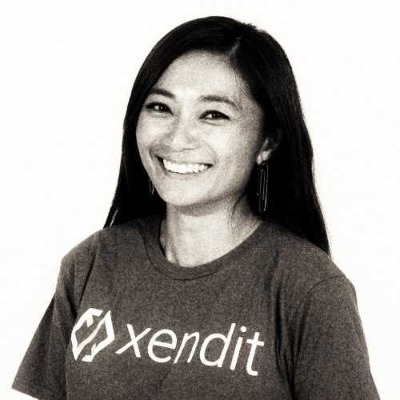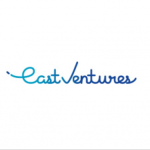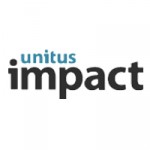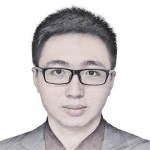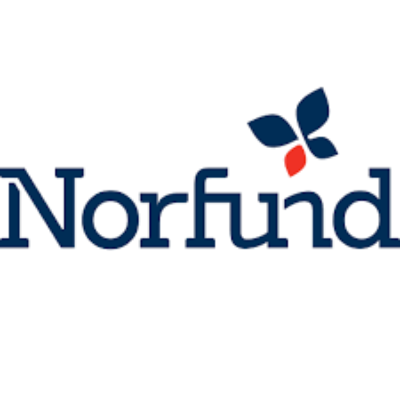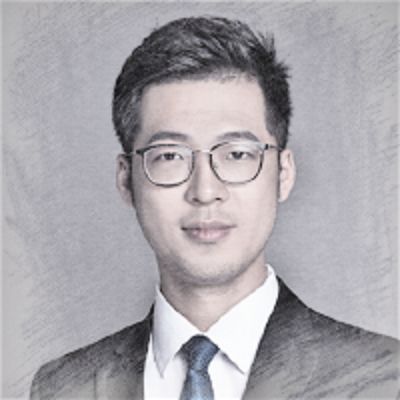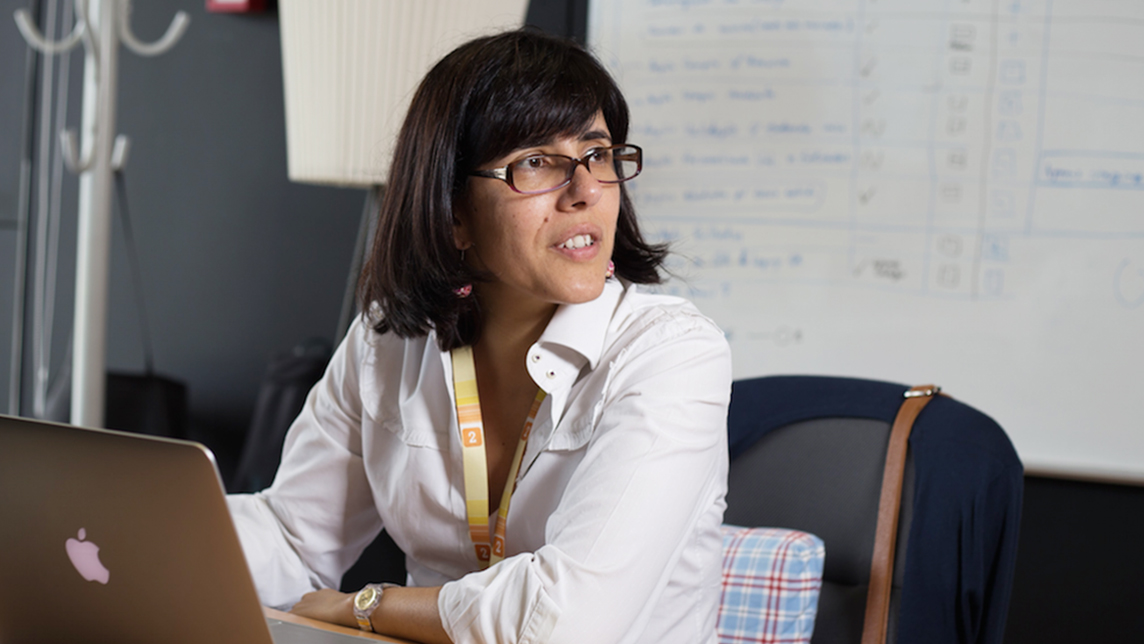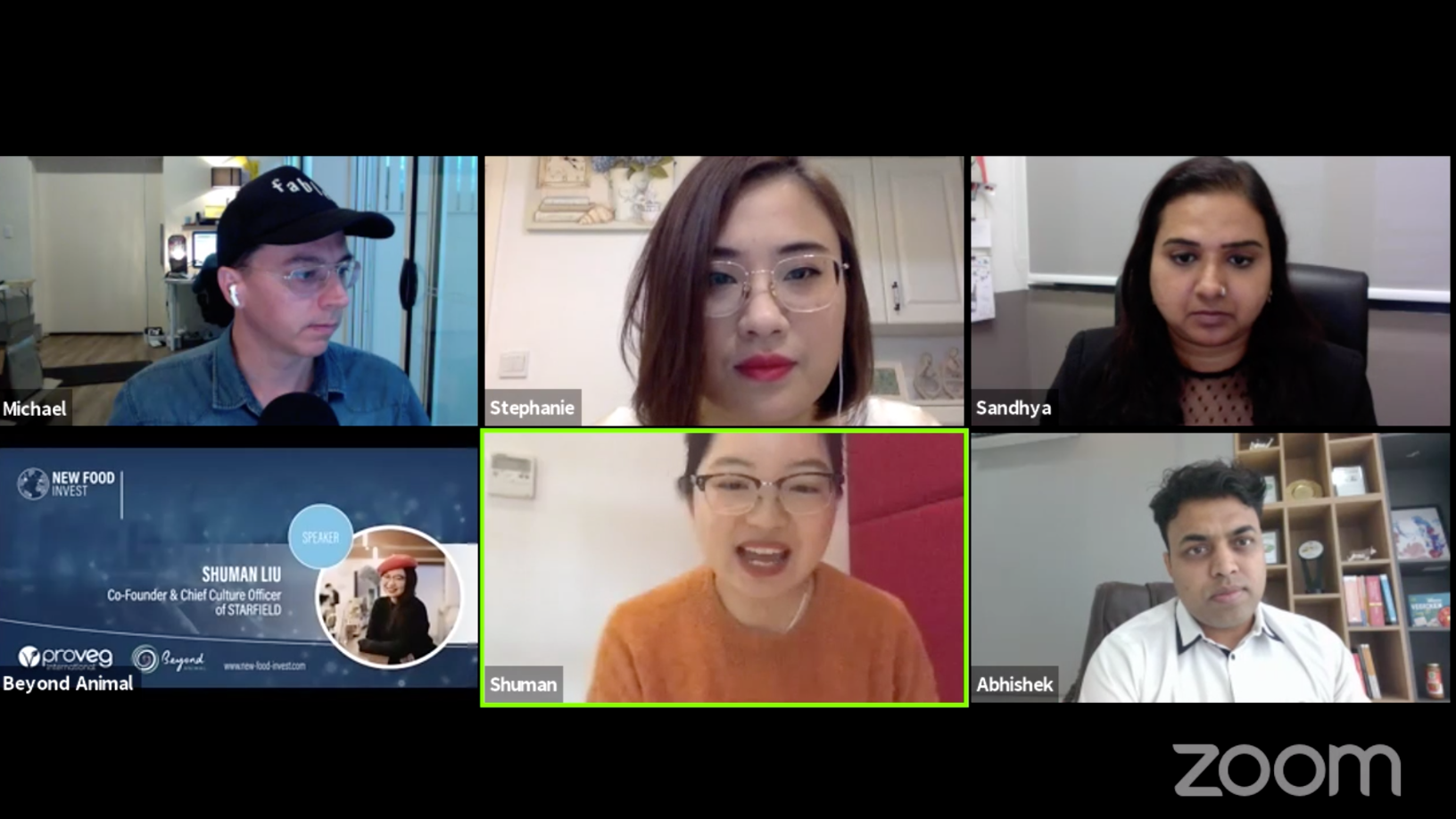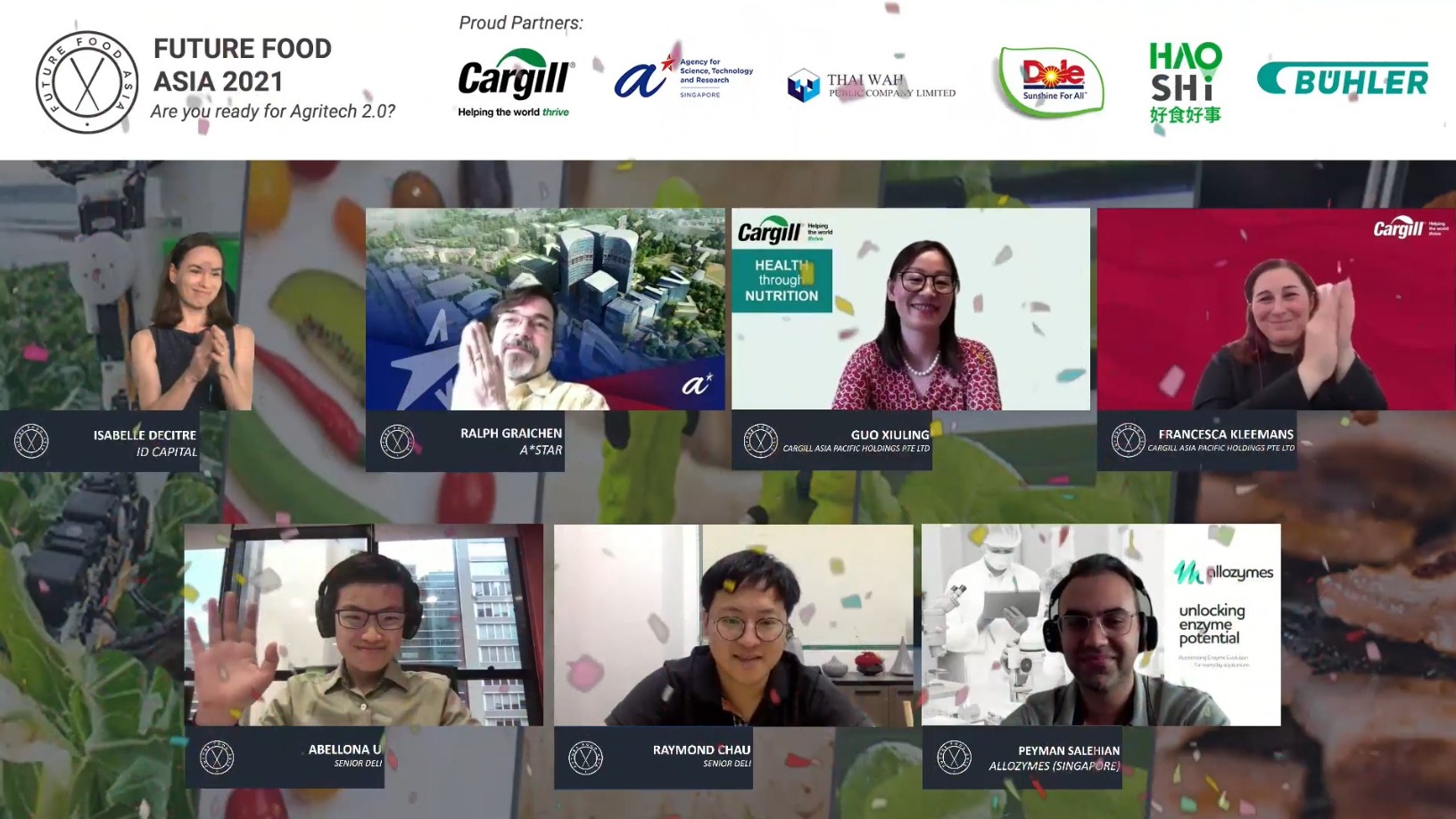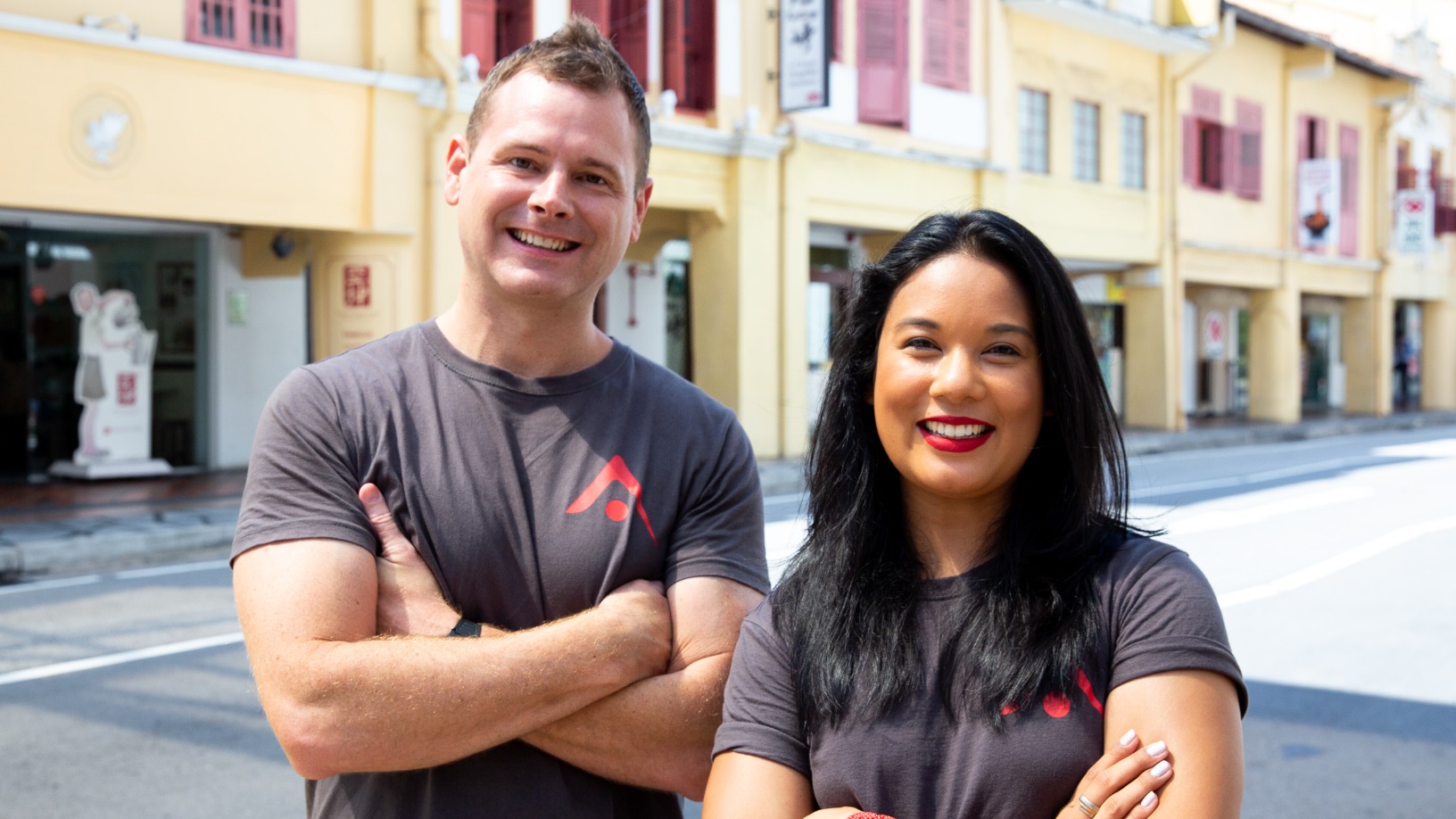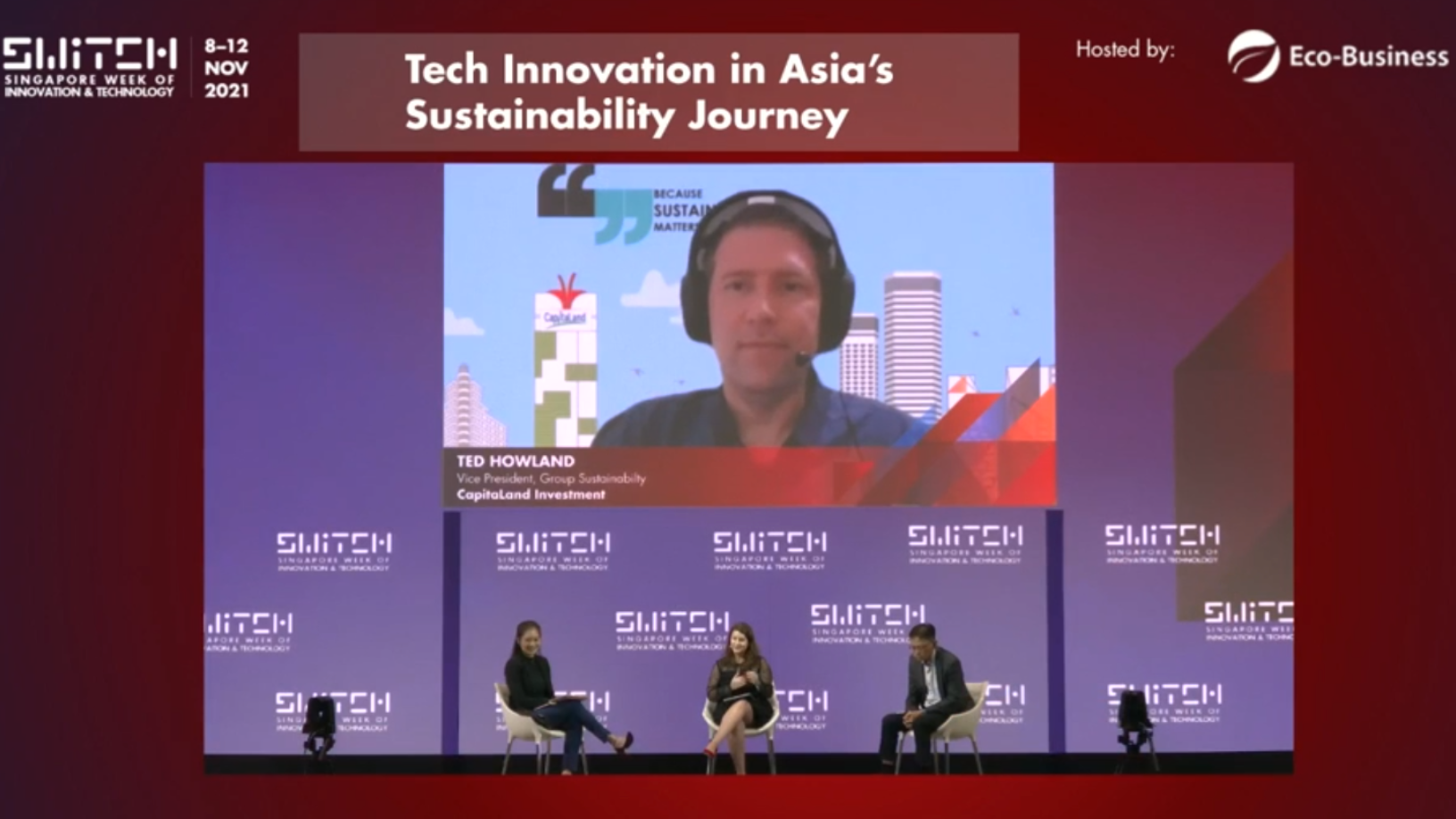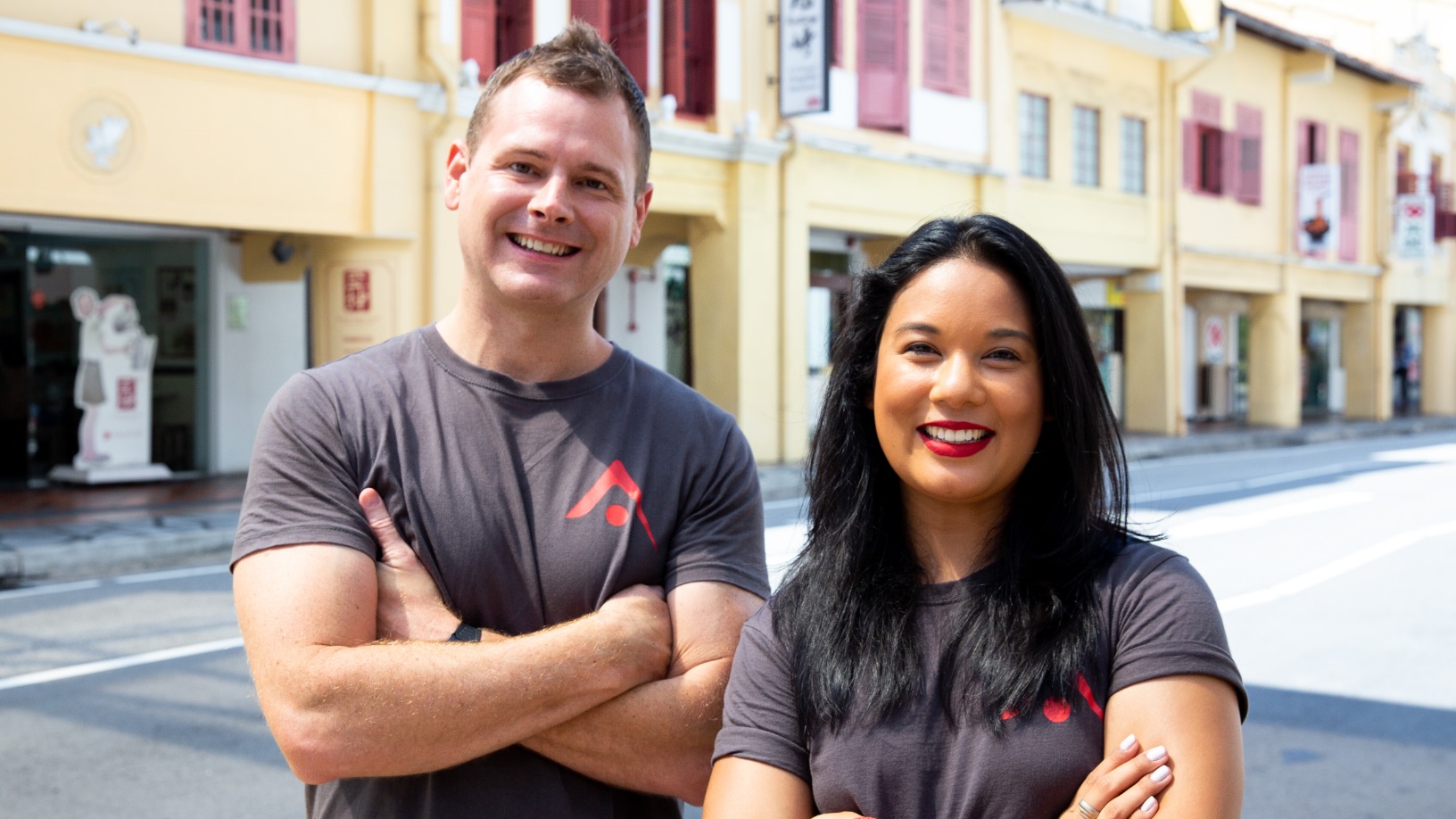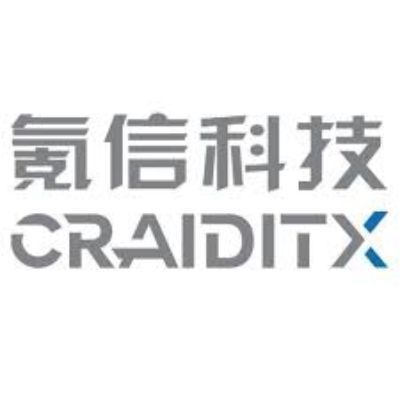Asia
DATABASE (168)
ARTICLES (202)
Founded in 2011, Tokyo-based venture capital firm GREE Ventures focuses on investing in early stage (pre-Series A and Series A) internet and mobile companies. The firm invests in Japan, Southeast Asia, and other geographies within Asia.
Founded in 2011, Tokyo-based venture capital firm GREE Ventures focuses on investing in early stage (pre-Series A and Series A) internet and mobile companies. The firm invests in Japan, Southeast Asia, and other geographies within Asia.
CMO and co-founder of Tezign
Guo was named a Global Shaper by the World Economic Forum in 2014 and was on Forbes’ 2017 30 Under 30 Asia list. A graduate of the China Central Academy of Fine Arts, she has organized art exhibitions in countries such as Italy, Spain and Germany.
Guo was named a Global Shaper by the World Economic Forum in 2014 and was on Forbes’ 2017 30 Under 30 Asia list. A graduate of the China Central Academy of Fine Arts, she has organized art exhibitions in countries such as Italy, Spain and Germany.
CTO and Co-founder of Jeff
Adrian Lorenzo Alonso is a Spanish computer engineer and co-founder/CTO of Mr. Jeff, an online dry cleaning and laundry service with a presence in Europe, Asia and Latin America.He previously worked as CTO in www.thefoodpoint.com, a B2B food market.
Adrian Lorenzo Alonso is a Spanish computer engineer and co-founder/CTO of Mr. Jeff, an online dry cleaning and laundry service with a presence in Europe, Asia and Latin America.He previously worked as CTO in www.thefoodpoint.com, a B2B food market.
COO and co-founder of Xendit
Tessa Wijaya joined Indonesian fintech Xendit as co-founder and COO in 2016, a year after the payment gateway startup graduated from the Y Combinator program and launched its platform in Indonesia.Wijaya obtained a master’s in philosophy from the University of Sydney in 2006 after graduating from Syracuse University’s Maxwell School of Citizenship and Public Affairs in 2003. She returned to Indonesia and worked as a corporate development officer for over three years. In 2010, she became an analyst at Principia Management Group and Fairways Investment Group, both being Southeast Asia-focused investment firms. In 2013, Wijaya went on to work as an associate at Singapore-based investment firm Mizuho Asia Partners for over three years before joining Xendit back in Jakarta.
Tessa Wijaya joined Indonesian fintech Xendit as co-founder and COO in 2016, a year after the payment gateway startup graduated from the Y Combinator program and launched its platform in Indonesia.Wijaya obtained a master’s in philosophy from the University of Sydney in 2006 after graduating from Syracuse University’s Maxwell School of Citizenship and Public Affairs in 2003. She returned to Indonesia and worked as a corporate development officer for over three years. In 2010, she became an analyst at Principia Management Group and Fairways Investment Group, both being Southeast Asia-focused investment firms. In 2013, Wijaya went on to work as an associate at Singapore-based investment firm Mizuho Asia Partners for over three years before joining Xendit back in Jakarta.
Founded in 2010, East Ventures is a venture capital firm with offices in Indonesia, Japan and USA. Today, the company has invested in over 150 companies across Asia, mainly Southeast Asia and Japan, and the USA. Its ticket size ranges from US$100,000 to US$500,000.
Founded in 2010, East Ventures is a venture capital firm with offices in Indonesia, Japan and USA. Today, the company has invested in over 150 companies across Asia, mainly Southeast Asia and Japan, and the USA. Its ticket size ranges from US$100,000 to US$500,000.
Verlinvest is the investment diversification vehicle of the de Spoelberch family, the Belgian noble house, which founded the AB InBev beverage conglomerate. Founded in 1995, it currently manages over €1.6bn in assets across multiple geographies, including Europe, India, Southeast Asia and Latin America. Aside from investing in various F&B brands like Vita Coco (coconut water), F&B Asia (which operates various restaurant franchise brands in Southeast Asia) and Glaceau Vitamin Water, it has also backed e-commerce businesses like Global Fashion Group and Lazada, as well as Indian edtech platform Byju’s.
Verlinvest is the investment diversification vehicle of the de Spoelberch family, the Belgian noble house, which founded the AB InBev beverage conglomerate. Founded in 1995, it currently manages over €1.6bn in assets across multiple geographies, including Europe, India, Southeast Asia and Latin America. Aside from investing in various F&B brands like Vita Coco (coconut water), F&B Asia (which operates various restaurant franchise brands in Southeast Asia) and Glaceau Vitamin Water, it has also backed e-commerce businesses like Global Fashion Group and Lazada, as well as Indian edtech platform Byju’s.
CEO and co-founder of TurtleTree Labs
Cheese connoisseur, Lin Fengru, was unable to find milk that allowed her to make high-quality cheese. During her search around dairy farms in Asia, she realized that the poor quality of the milk was due to animal hygiene issues and the use of antibiotics and hormones on cows. The lack of quality dairy milk options inspired her to co-found TurtleTree Labs in January 2019 to create milk using stem cells.Lin graduated in information systems management and marketing in 2011 at Singapore Management University (SMU). In 2011, she joined Collis Asia as an account manager and left in 2014 to work at Salesforce in sales and business development. She joined Google Singapore in 2018 and worked as a territory account manager for Google Cloud Platform until June 2019. In 2020, she completed an MIT course in the science and business of biotechnology.
Cheese connoisseur, Lin Fengru, was unable to find milk that allowed her to make high-quality cheese. During her search around dairy farms in Asia, she realized that the poor quality of the milk was due to animal hygiene issues and the use of antibiotics and hormones on cows. The lack of quality dairy milk options inspired her to co-found TurtleTree Labs in January 2019 to create milk using stem cells.Lin graduated in information systems management and marketing in 2011 at Singapore Management University (SMU). In 2011, she joined Collis Asia as an account manager and left in 2014 to work at Salesforce in sales and business development. She joined Google Singapore in 2018 and worked as a territory account manager for Google Cloud Platform until June 2019. In 2020, she completed an MIT course in the science and business of biotechnology.
Founded in 2011, Unitus Impact is a venture capital firm focusing on impact investments in Southeast Asia and India. With offices in Bangalore, Ho Chi Minh city and San Francisco, the VC will soon be renamed as Patamar Capital. It currently invests in scalable businesses that aim to improve the livelihoods of the poor in Asia.
Founded in 2011, Unitus Impact is a venture capital firm focusing on impact investments in Southeast Asia and India. With offices in Bangalore, Ho Chi Minh city and San Francisco, the VC will soon be renamed as Patamar Capital. It currently invests in scalable businesses that aim to improve the livelihoods of the poor in Asia.
Ventek Ventures is a venture capital firm based in Los Angeles, USA. It focuses on tech investments, particularly in USA, China and Southeast Asia. Seekmi, its first foray in Southeast Asia, joins Ventek’s existing stable of East Asian investments including coding for kids codeSpark, crowdfunding academy ganfund, restaurant cloud services provider Foodomo and mobile creative suite Kdan.
Ventek Ventures is a venture capital firm based in Los Angeles, USA. It focuses on tech investments, particularly in USA, China and Southeast Asia. Seekmi, its first foray in Southeast Asia, joins Ventek’s existing stable of East Asian investments including coding for kids codeSpark, crowdfunding academy ganfund, restaurant cloud services provider Foodomo and mobile creative suite Kdan.
Founder and CEO of SEE of SEE
Founder and CEO of SEE. Wan Xucheng (b. 1989) previously worked for Tencent, and created products including YingYongBao and Mobile Manager attracting hundreds of millions of users. He owns 13 personal international invention patents. Wan created the world’s leading blockchain technology platform back in 2014 and 2015, and set up SEE in 2015. He was listed in Forbes 30 Under 30 Asia in 2017.
Founder and CEO of SEE. Wan Xucheng (b. 1989) previously worked for Tencent, and created products including YingYongBao and Mobile Manager attracting hundreds of millions of users. He owns 13 personal international invention patents. Wan created the world’s leading blockchain technology platform back in 2014 and 2015, and set up SEE in 2015. He was listed in Forbes 30 Under 30 Asia in 2017.
Co-founder and CEO of Dorabot
After a brief career in banking, Spencer Deng co-founded the logistics robotics startup Dorabot and became its CEO. The economics graduate from Sun Yat-sen University was an associate at JP Morgan before joining UPS, where he rose to become a manager for the Asia-Pacific region. He joined Dorabot in 2015, and was featured in Forbes China’s 30 Under 30 in 2017 and 2018.
After a brief career in banking, Spencer Deng co-founded the logistics robotics startup Dorabot and became its CEO. The economics graduate from Sun Yat-sen University was an associate at JP Morgan before joining UPS, where he rose to become a manager for the Asia-Pacific region. He joined Dorabot in 2015, and was featured in Forbes China’s 30 Under 30 in 2017 and 2018.
Norfund is the sovereign investment fund of Norway, established by the parliament in 1997 and owned by the Ministry of Foreign Affairs. The company has committed NOK 28.4bn in investments into 170 projects in developing countries as of 2020. Norfund has regional offices in Thailand, Costa Rica, Kenya, Mozambique and Ghana to support its activities in Asia, Africa and Latin America. In Asia, its core investment targets are Indonesia, Cambodia, Laos, Vietnam, Myanmar, Bangladesh and Sri Lanka. Norfund primarily invests in three key areas: clean energy, agriculture and fintech. The fund has invested in solar power projects and various food companies in India and various African countries. In Asia, Norfund has invested in Amartha, an Indonesian P2P lending fintech company providing loans to women-led microbusinesses. Norfund also invests in other venture funds, such as Southeast Asia-focused Openspace Ventures Fund III, to expand and diversify their portfolio.
Norfund is the sovereign investment fund of Norway, established by the parliament in 1997 and owned by the Ministry of Foreign Affairs. The company has committed NOK 28.4bn in investments into 170 projects in developing countries as of 2020. Norfund has regional offices in Thailand, Costa Rica, Kenya, Mozambique and Ghana to support its activities in Asia, Africa and Latin America. In Asia, its core investment targets are Indonesia, Cambodia, Laos, Vietnam, Myanmar, Bangladesh and Sri Lanka. Norfund primarily invests in three key areas: clean energy, agriculture and fintech. The fund has invested in solar power projects and various food companies in India and various African countries. In Asia, Norfund has invested in Amartha, an Indonesian P2P lending fintech company providing loans to women-led microbusinesses. Norfund also invests in other venture funds, such as Southeast Asia-focused Openspace Ventures Fund III, to expand and diversify their portfolio.
Co-founder of PopBox Asia
Greta Bunawan is a co-founder of smart locker startup PopBox Asia. Prior to establishing the venture, she worked at convention space organizer PT Jakarta International Expo as a marketing venue manager.Greta graduated from Universitas Pelita Harapan with a bachelor’s in Psychology and earned an MBA from IPMI Business School.
Greta Bunawan is a co-founder of smart locker startup PopBox Asia. Prior to establishing the venture, she worked at convention space organizer PT Jakarta International Expo as a marketing venue manager.Greta graduated from Universitas Pelita Harapan with a bachelor’s in Psychology and earned an MBA from IPMI Business School.
Co-founder and CTO of Sennotech
Li Zhinan holds a joint master’s degree in Mobile Health from Peking University and the University of California, Los Angeles. He previously worked on R&D on the Bing search engine for Microsoft Research Asia. Li is currently a Mobile Health Committee member at the Chinese Research Hospital Association. In February 2015, he co-founded Sennotech in Shenzhen and has served as CTO ever since.
Li Zhinan holds a joint master’s degree in Mobile Health from Peking University and the University of California, Los Angeles. He previously worked on R&D on the Bing search engine for Microsoft Research Asia. Li is currently a Mobile Health Committee member at the Chinese Research Hospital Association. In February 2015, he co-founded Sennotech in Shenzhen and has served as CTO ever since.
Future Food Asia 2021: Regenerative agriculture in Asia
The unique challenges facing regenerative agriculture in Asia require solutions different from those in the West, presenting opportunities for microfinancing and impact investment
From Porto to Phnom Penh: Last2Ticket expands to Asia
Their first stop is Cambodia, where tourism-related ticketing is big business yet underserved by technology. Emilía Simões, founder and CEO of the Portuguese e-ticketing startup, tells us more
Future Food Asia 2021 announces finalists for $100,000 prize
Ten startups from agrifood tech and cleantech sectors will pitch during the five-day conference, are also eligible for two more prizes from sponsors Cargill and Thai Wah
Future Food Asia 2021: Consumers crucial for agrifood growth
President of AppHarvest David Lee thinks consumers must be told the truth about the need for technology for change in food because capitalism and consumerism are powerful forces
New Food Invest: Growing an alternative protein business in Asia
With more than 4bn people, Asia presents unique opportunities and challenges to alternative protein startups. Four leading entrepreneurs shared their experiences at the recent New Food Invest conference
Future Food Asia 2021: Agrifood tech at an inflection point
Agrifood tech startups urged to harness consumer, investor and government feedback to create plentiful, nutritious food through sustainable means, but exercise caution when considering IPOs
Future Food Asia 2021: Impact assessments – getting the metrics right
Common impact measures are useful but each situation requires specific, sometimes subjective considerations. The priority is to gauge if the impact has led to positive changes
Future Food Asia 2021: Two winners take home $100,000 each
Agrifood startups, corporations and investors urged to collaborate and take action, tackling challenges in nutrition and climate change
Accelerating Asia bets on unicorn wave from MSME digitalization, logistics
The investor-accelerator’s sixth batch will start accepting applications in December, with greater ESG focus and a pledge to donate 1% of profit on investments to charity
Future Food Asia 2021: Fireside chat with Green Monday's David Yeung
For Chinese startup Green Monday, it’s important to resonate with different local audiences by adapting to local culture and dietary habits and continuously fine-tuning existing products
SWITCH Singapore 2021: Tapping the $1tn sustainability market in Southeast Asia
Falling costs and simplified deployment of sustainability solutions will help boost adoption, especially in underprivileged communities
TheVentures founders launch Singapore VC to drive deals in Southeast Asia
The Korean Viki co-founders return to Singapore as venture builders and investors, offering South Korean partnerships and “CTO-as-a-service” in Southeast Asia
Dipole Tech: Using blockchain to democratize access to renewable energy in Asia
Having established key markets in the Philippines and Thailand, China’s Dipole Tech is next gaining ground at home for its energy trading app
Accelerating Asia's Amra Naidoo: We’re at an inflection point in Southeast Asia
Accelerating Asia’s co-founder Amra Naidoo reveals how the program adapts its curriculum to meet startups’ needs and the challenges accelerator programs face during the pandemic
Future Food Asia 2021: Long road ahead for the clean meat industry
Crucial basic research is still needed to ensure the safety, quality, and production efficiency of lab-grown meat. Concerted public and private sector efforts will accelerate progress
Sorry, we couldn’t find any matches for“Asia”.




